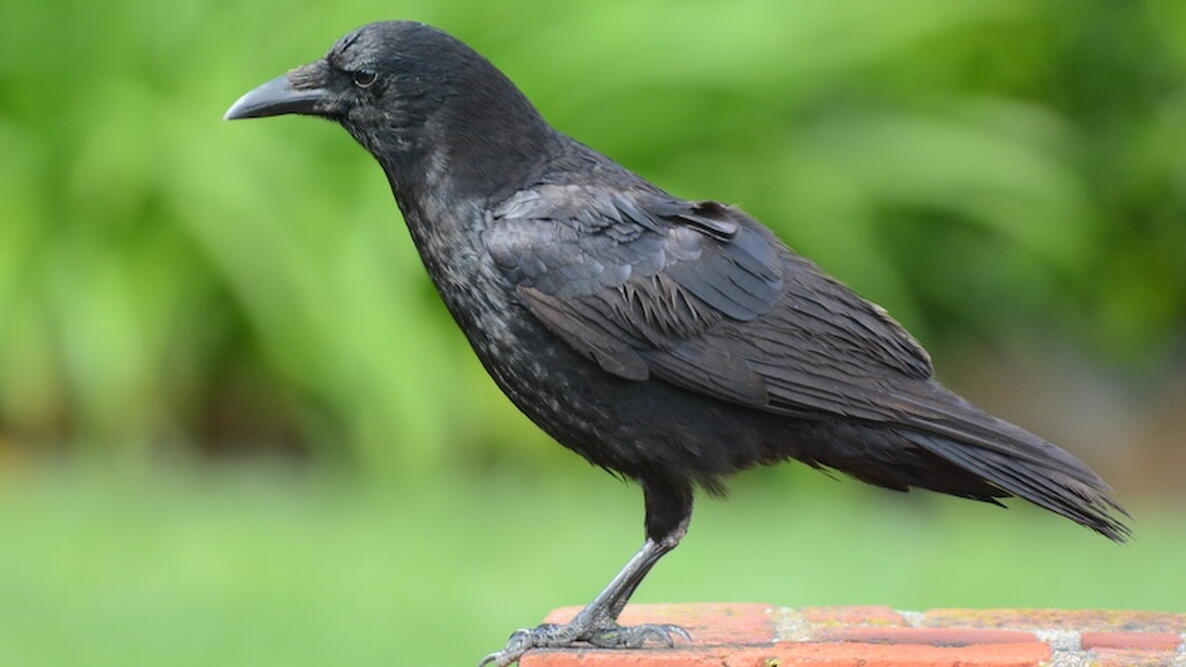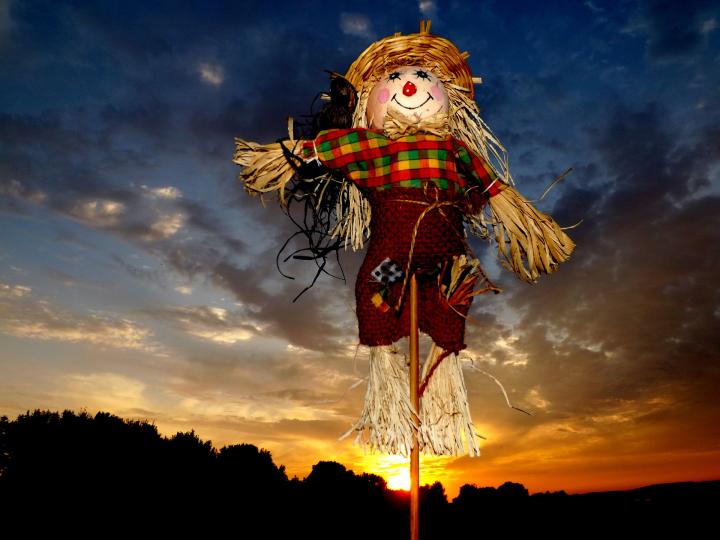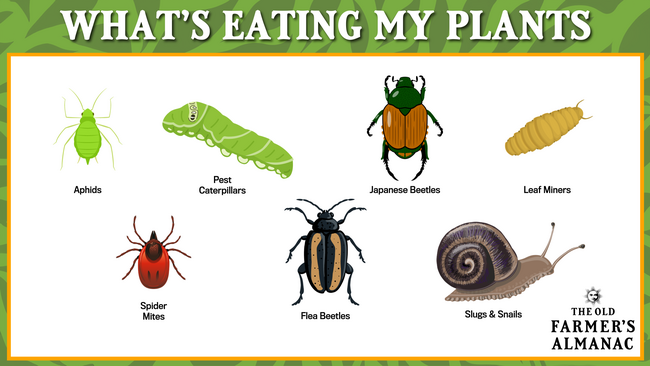
Caption
One part pest control, one part mischief: an American crow surveys the garden for its next meal.
Photo Credit
Steve Cukrov
Subhead
Tips for Identifying American Crows and Protecting Your Fruits, Vegetables, and Seedlings
Plants Affected
Read Next
Gardening Products
More Like This
Signs of bad weather approaching: The birds, squirrels, rabbits, etc. in my yard go on a wild eating frenzy! They all get along! Also, I get a terrible headache that no pain killer can ease and the school kids go wild (especially when there's a full moon)!
















Comments